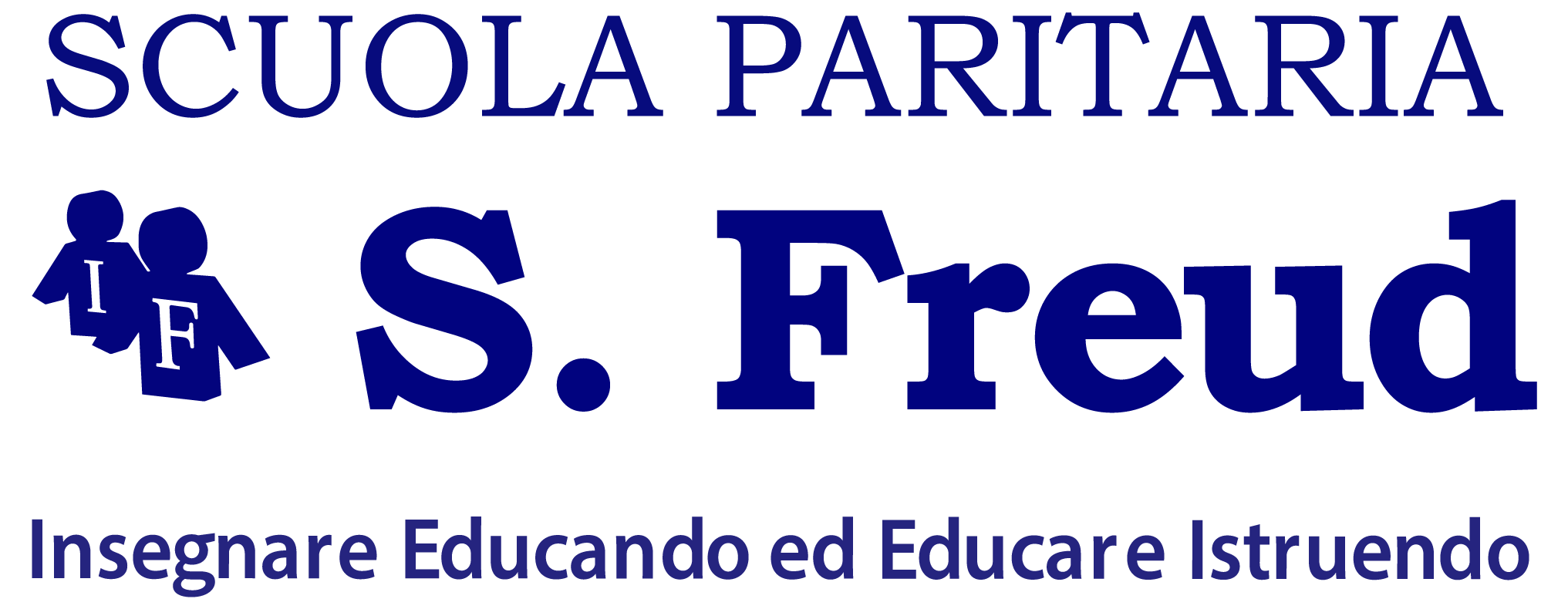19 maggio 2023
The Legal Representative as well as founder of the S. Freud Private School, Dr. Daniele Nappo, emphasizes the advancement of artificial intelligence and how it can be used for learning purposes in school.
Artificial Intelligence (AI) is changing society and therefore it seems unlikely not to incorporate it into education and teach it in schools. One must understand well, however, how it can be learned in the right way. Many people believe that AI is only for generating text, but in fact the technology does more than simply generate words. This technology has already proven to be valuable for tasks such as facial recognition and natural language processing. But these are just a few examples. There are almost no limits to its scope or use-we are only beginning to discover its potential benefits. The advance of digital technological science and Artificial Intelligence is changing the way we learn and teach, as well as so many other aspects of daily life. That it is a basis for supporting creativity in education has long been within the debate-controversy related to the increase in school curricula and extracurricular activities aimed at educating future creatives. Certainly it is a transition to modernity, although it takes standards to regulate its application and use. By now Chat GPT is familiar to everyone: not only those in the industry are talking about it, but also the educational world, which is questioning whether or not it should be used. The application, with proper regulations, can be used in the classroom by both teachers and students. It is not strange to think that AI can also be used and embedded in education: imagine students with some learning difficulties in interacting with a .human teacher. AI can provide students with access to a wide range of educational resources. Undoubtedly, the topic requires in-depth study and organization, especially by teachers and educators who want to test these tools (programs) in the classroom.


